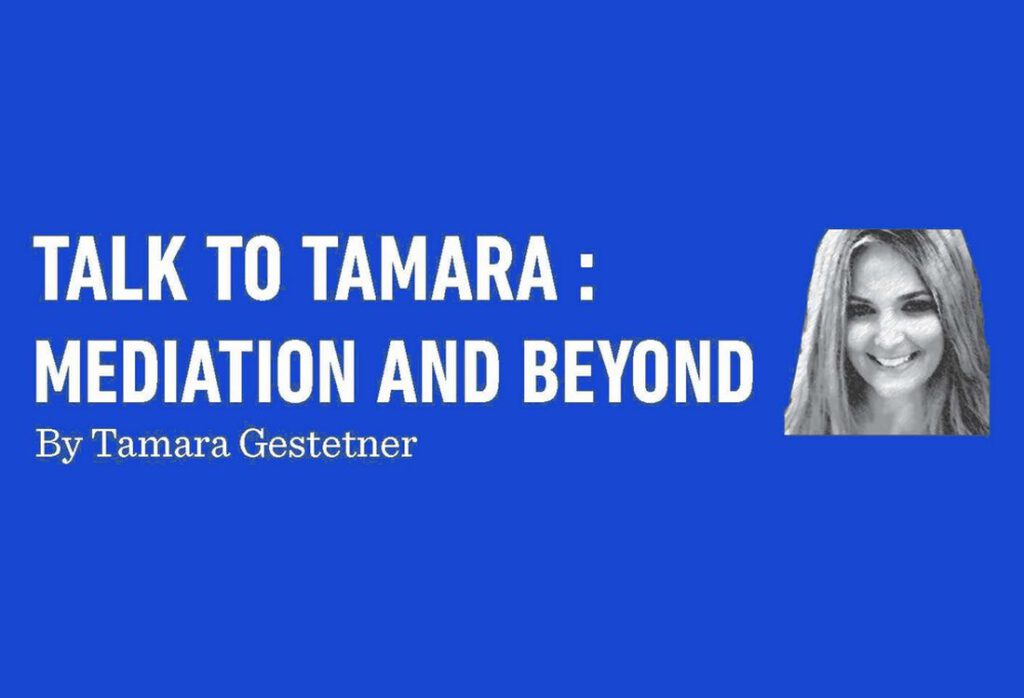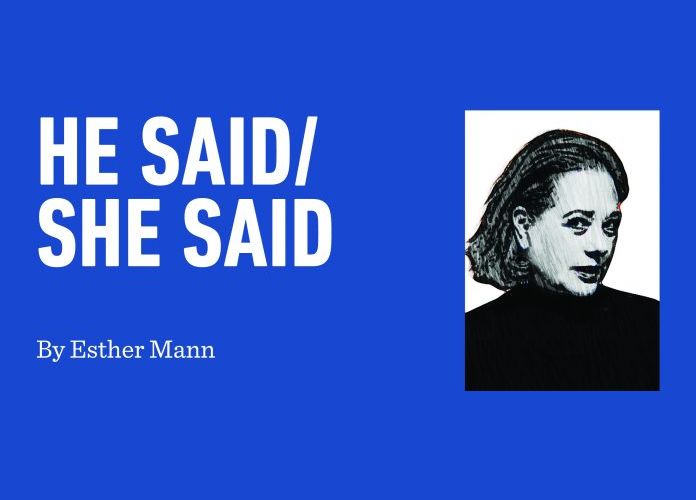I, Too, Am The Future Of Education
By Sarah Meira Schlager, teacher at Shulamith High School for Girls and SKA High School for Girls
At my graduation from Queens College, I was chosen to be “hooded” on stage as the representative of more than 300 master’s-degree students in the M.S.Ed. program. (A hooding ceremony at graduation is a tradition where a faculty member places an academic hood over the head of a graduate, signifying his or her successful completion of an advanced degree.) I wore a visible hostage pin on my gown, symbolizing the innocent people still held captive in Gaza. For me, it was a statement of truth in a space where truth—when it came to Israel—often felt unwelcome.
Throughout my program, I was the only student who defended Israel. Many of my classmates were proudly pro-Palestinian, casually speaking in class about Israel’s “ethnic cleansing.” Some even made anti-Semitic remarks. Others posted trendy infographics on Instagram condemning the “genocide” in Gaza. The rest remained silent as Israel was barraged with accusations by fellow classmates.
These are the future teachers of New York. They will soon be shaping young and impressionable minds.
That terrified me.
But it also strengthened my resolve.
Because I, too, am the future of education.
I remember the moment I realized that silence in the face of false accusations is dangerous.
During a lecture on Holocaust denial and distortion, there was unanimous agreement that such behavior is abhorrent. But when the class discussed what might cause such denial, a student remarked that it could be because “people are confused how the Holocaust happened to the Jews, and now the Jews are doing the same thing to the Palestinians.”
I was stunned. But apparently, I was the only one. No one responded. The conversation simply moved on.
In a space where political correctness is held sacred, how could such a remark be made so flippantly? And how could the rest of the class just let it pass?
That’s when I realized that the rules of political correctness, safe spaces, and sensitivity don’t apply to Israel or to Jews. You can’t deny the Holocaust, but you can accuse Jews of committing one.
In that moment, I recognized that if I didn’t speak up, I’d be allowing that kind of rhetoric to be normalized for everyone in the room.
So I challenged this student.
She was furious. She fired back with buzzwords—“apartheid,” “colonizer,” “ethnic cleansing”—but offered no substance. Then she questioned my character.
Afterward, classmates told me I had “attacked” her for sharing her views. “No one should feel unsafe expressing their opinion,” they said.
The double standard was glaring. She was allowed to feel safe—but I wasn’t. She could speak freely—but I couldn’t. Was this the future of education?
Though I felt alone, I knew I had done what was right. Surrounded by peers who so easily slandered Israel, it became clear to me that teaching isn’t just a profession—it’s a responsibility. Even one person, armed with knowledge and courage, can make a difference.
Throughout my college career, I carried myself with dignity in hostile rooms—not to win arguments, but to make sure that truth had a voice. There were moments in class when I spoke up and felt afraid. But on graduation day, when I wore that pin in front of thousands, I felt no fear, only pride and purpose.
The future of education may worry me. But as I stood on that stage, I showed the crowd—and myself—that I, too, am the future of education. And I will teach with pride, truth, and unwavering integrity.











